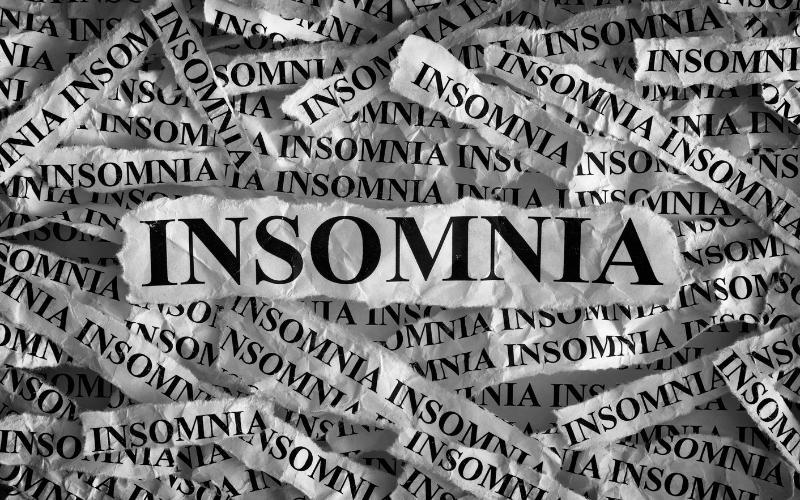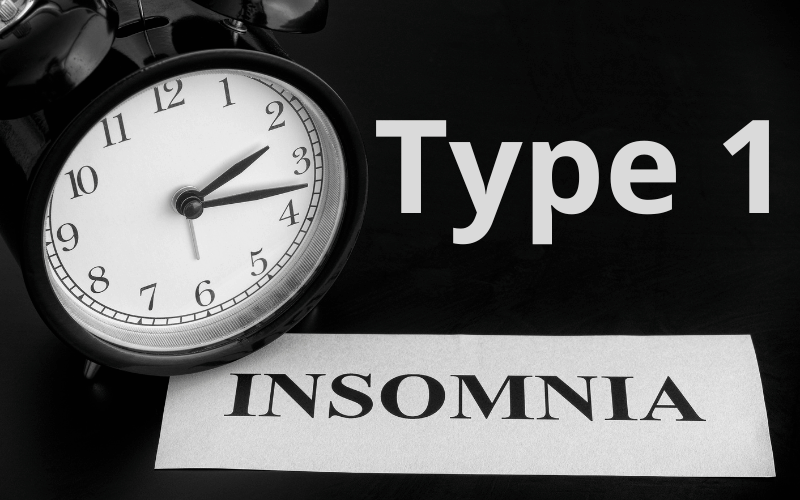Introduction: The Struggle with Sleeplessness

Sleep, a vital physiological function, remains elusive for millions worldwide. The barriers to a peaceful night’s sleep are numerous, but one persistent troublemaker stands out—insomnia. Classified as a sleep disorder, insomnia is characterized by a consistent difficulty in falling or staying asleep. It’s not just about counting the lost hours of sleep but comprehending the ripple effects it creates in one’s day-to-day life. From reduced concentration levels to a heightened risk of chronic conditions, the ramifications of insomnia are widespread.
Now, as with many health conditions, there isn’t a monolithic definition of insomnia. The disorder manifests differently in individuals, taking on several forms. Generalizations about insomnia often miss the intricacies associated with its types. To truly grasp the depth and nature of insomnia, one must delve into its categorized types, each with its unique features and challenges.
This article aims to shed light on these nuances, guiding the reader through the maze of sleeplessness. By the end, one should be able to differentiate between the types of insomnia and understand their specific impacts. Equipped with this knowledge, the affected individuals can make informed decisions about their health and well-being.
Type 1: Transient Insomnia – A Fleeting Disturbance

Transient insomnia, as the name suggests, is like a brief visitor in the realm of sleep disorders. Unlike other forms that settle in and create havoc for extended periods, this one makes its appearance felt for only a few nights. The causes for this temporary interference in sleep can be vast and varied.
One of the leading instigators of transient insomnia is an abrupt change in one’s environment. This could be as simple as sleeping in a new bed or as complex as adjusting to a different time zone after long-haul travel. The unfamiliarity of surroundings or a changed sleep schedule can jolt the body’s internal clock, leading to restless nights.
External factors also play a crucial role. For instance, a sudden stressful event, such as a significant presentation or an upcoming exam, can send the mind into overdrive. When the brain is hyperactive, falling asleep naturally becomes an uphill battle. The cascading thoughts and the heightened anxiety form a barrier, keeping sleep at bay. (1)